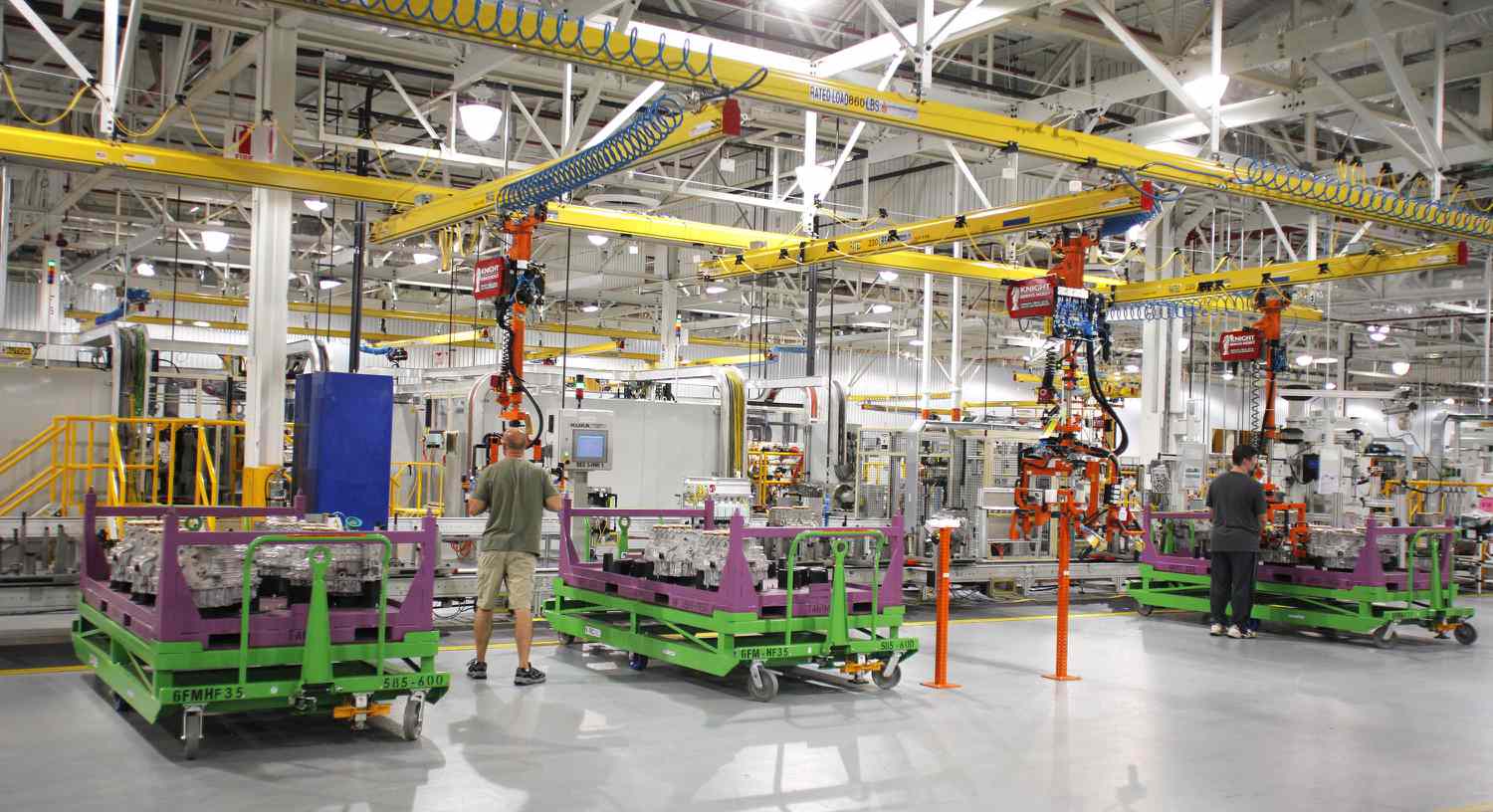
Everything from the treatment of drinking water to the production of computer chips is critically dependent on industrial filtration. Removing contaminants from liquids or the air is a vital step in the multitude of industrial processes that are used today and include multi-tiered systems with different types of filters, varying levels of purity and much more.
Industrial filtration is one of the cornerstones of the manufacturing sector and allows for the variety and scope of the products we get to enjoy. How does industrial filtration play such a large role?
Ensures Product Integrity and Safety
Andrew from Rosedale Products said “Many manufacturers have strict requirements about the purity of the products they have made for them. To meet these requirements, contaminants are removed by the proper filtration methods, whether that be an air filtration system used in the production of plastic parts or a water filtration system used in the production of high-end computer chips.”
Pharmaceutical and medical companies, the aerospace and technology industries, and products such as steel, glass and others need contaminant-free water and air to make their products. Industrial filtrations systems and processes can be custom-built to suit these highly specific needs.
Protects Industrial Manufacturing Facility Staff
Manufacturing staff, even when taking necessary precautions, are at risk while working. Proper industrial filtration processes help to alleviate this danger by filtering both air and fluids in the manufacturing space.
Air quality is particularly important for any staff that are working near dangerous chemicals or in areas with contaminated air and proper air filtration is key to maintaining a safe work environment. Another potential danger is the breakdown of manufacturing equipment, which is likely to occur if they are not properly maintained with the use of industrial filtration systems.
Extends the Lifespan of Equipment
Industrial filtration systems remove suspended particles from water, liquids,and gases, extending the lifespan of that equipment. Particulates that float freely in air or liquid systems lead to wear and tear that is costly and avoidable. Of particular concern is “work hardened” wear because when abrasive wear are “work hardened”, they become more destructive, eating away at the surfaces of the equipment.
Manufacturing equipment is protected by different types of industrial filtration to combat this very problem. The type of filtration needed, whether that be reverse osmosis for water or other types of gas purification, is determined by either the production process itself or the desired product at the end of the manufacturing line.
Industrial Filtration is Used to Comply with Environmental Regulations
Regardless of the type of manufacturing that takes place, there are always waste products that are generated from the production processes. To comply with environmental regulations, manufacturers need high-quality, reliable filtration systems to purify these waste products from their contaminants.
Whether that be an industrial filtration process that separates particles in an air filtration system or a water filtration process that results in clean water to be placed back in a river or basin, they are vital for the proper functioning of the manufacturing sector.
